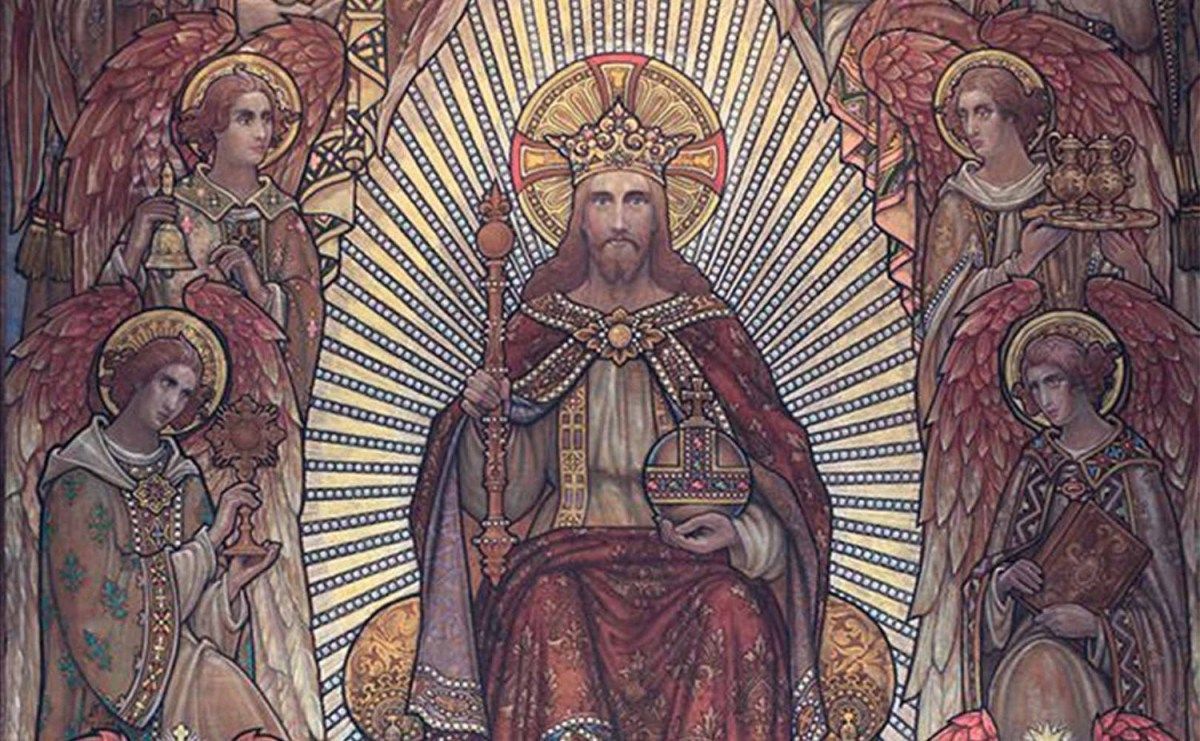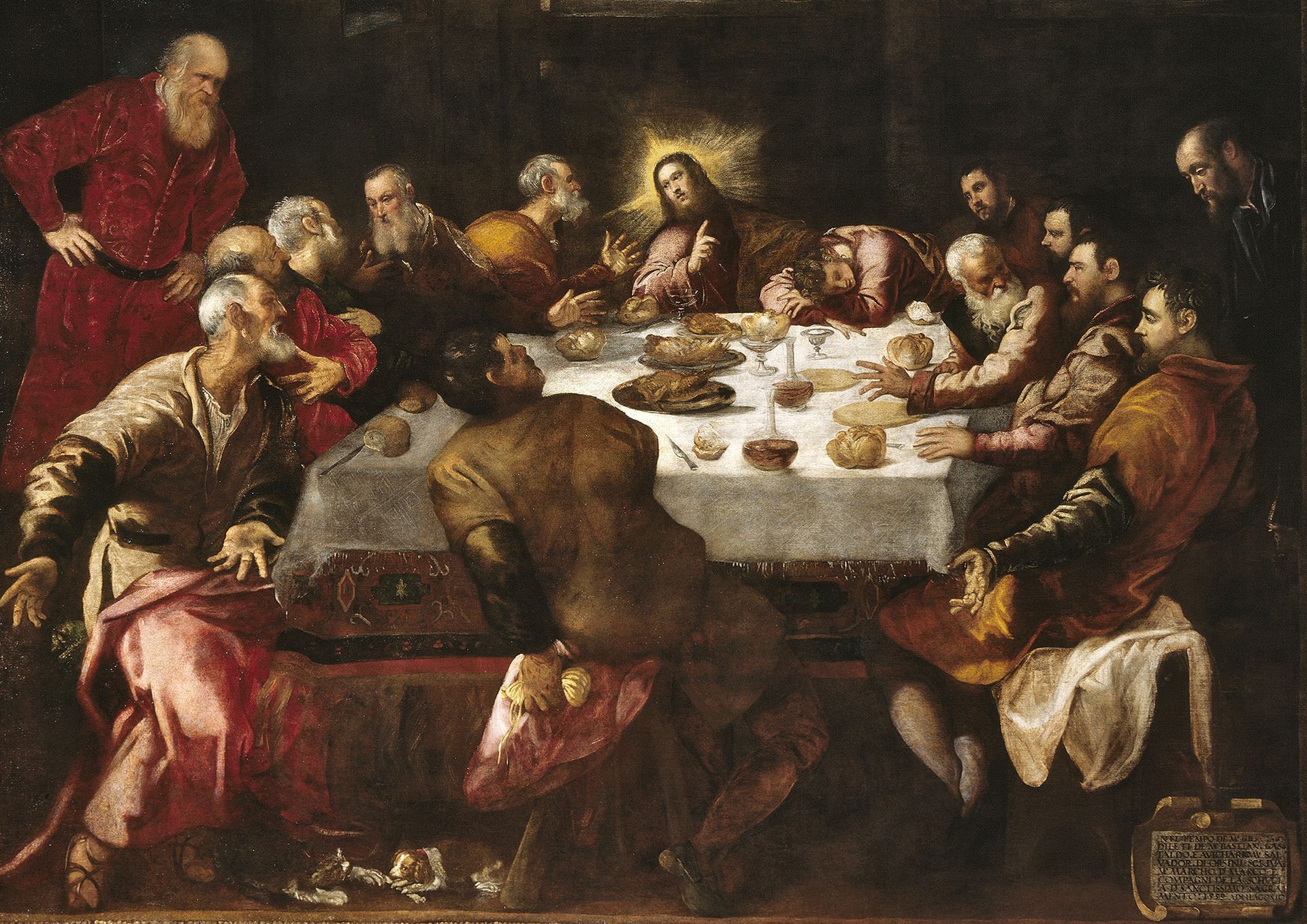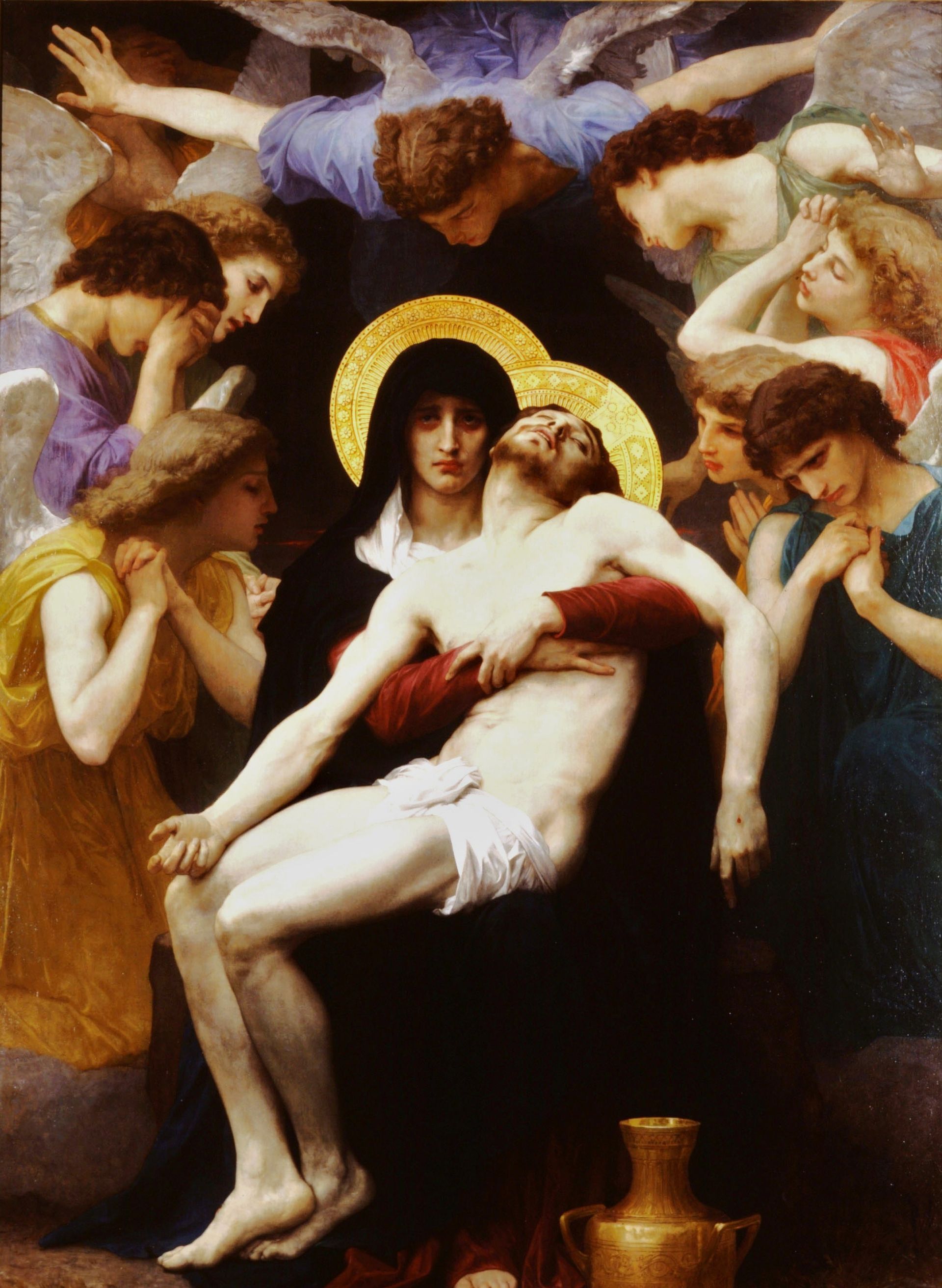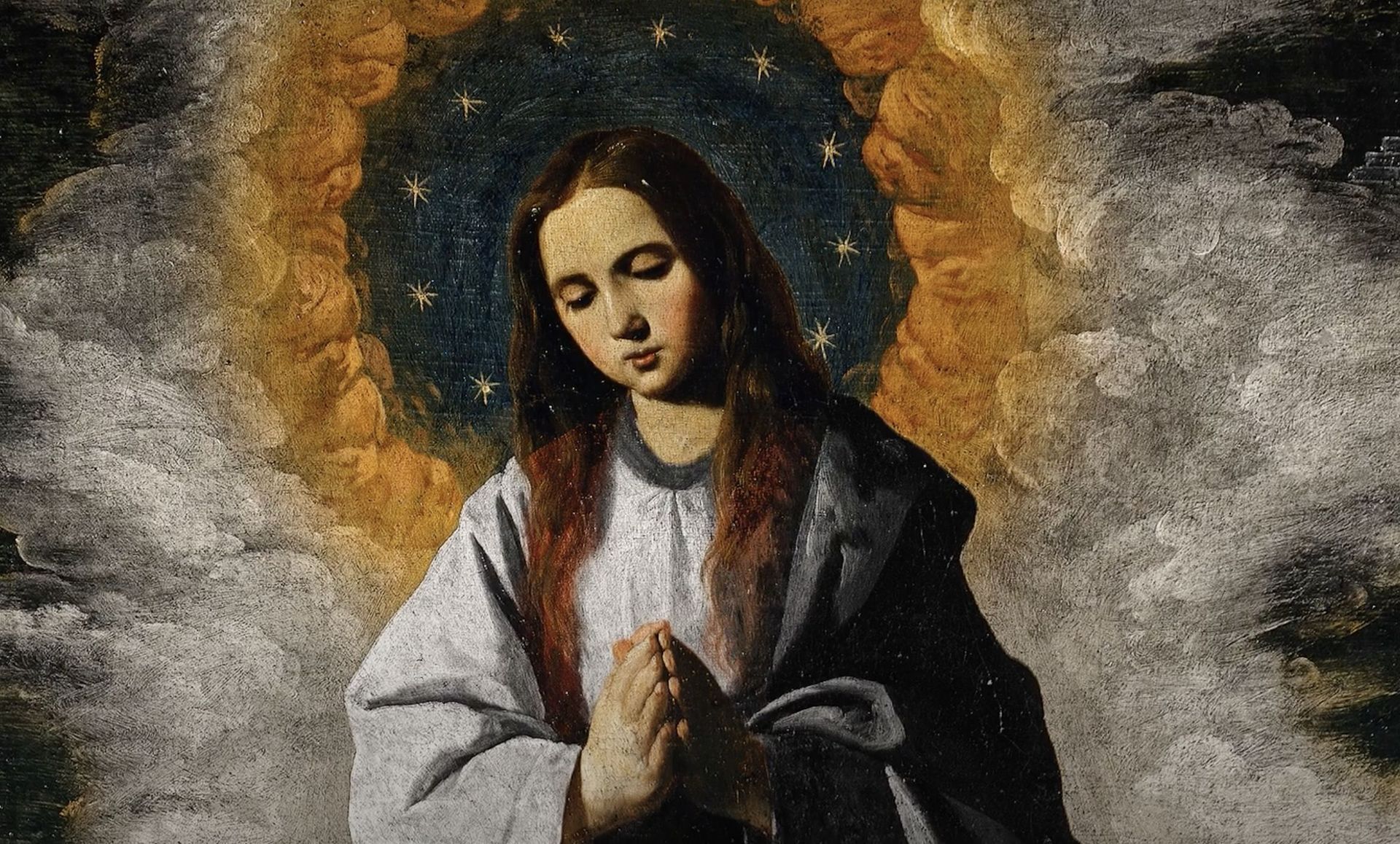20th Sunday in Ordinary Time 2024
Humility and Christ's Teaching
By now, I am certain it has occurred to some readers to wonder why, for the last four weeks, we have had reflections from St. Benedict’s Rule to accompany our readings. St. Benedict has been instructing on obedience, silence, and humility—how does that connect with our Lord’s instruction in John 6?
The answer is simple: what St. Benedict instructs directly, our Lord illustrates in practice. In John 6, we see a progression where many disciples follow Christ because of the miracle He performs with the fish and loaves, but then the majority turn away when He teaches foreshadowing the Holy Eucharist. They followed what appealed to them, but rejected His teaching that was difficult. He calls them to receive the bread from Heaven which gives eternal life, but they balk, rejecting the very first instruction He had given them: This is the work of God, that you believe in the One He sent. This discourse all follows that instruction, they ask, What sign can you do, that we may see and believe in you? Christ tells them they must receive Him, the Bread of Heaven, and they must commit themselves fully, eating His flesh and drinking His blood. They answer with doubt, How can this man give us His flesh to eat? and again, This saying is hard; who can accept it? Then, many of them returned to their former way of life.
St. Benedict instructs, Let us follow the Prophet’s counsel: “I said, I have resolved to keep watch over my ways that I may never sin with my tongue. I have put a guard on my mouth. I was silent and was humbled, and I refrained even from good words.” (RB 6:1) This very obedience, however, will be acceptable to God and agreeable to men only if compliance with what is commanded is not cringing or sluggish or healf-hearted, but free from any grumbling or any reaction of unwillingness. (RB 5:14)
The first sign of trouble in the crowd of John 6 came as The Jews murmured about Jesus and they said Is this not Jesus, the son of Joseph? Do we not know his father and mother? Then how can He say, “I have come down from heaven”? The grumbling and murmuring of the crowd was the spark of the infection that led them astray. It was the canary in the coal mine that showed the emergence of pride over humility and led to disobedience.
The second step of humility is that a man loves not his own will nor takes pleasure in the satisfaction of his desires. (RB 7:31) Our Lord knew at once the hearts of the many disciples who pursued Him to Capernaum, Amen, amen, I say to you, you are looking for Me not because you saw signs but because you ate the loaves and were filled. Do not work for food that perishes but for the food that endures for eternal life. He saw that inclination toward satisfaction of their own desires, and He warned them where it would lead, but in want of humility, that warning was unheeded.
The fourth step of humility is that in this obedience under difficult, unfavorable, or even unjust conditions, his heart quietly embraces suffering and endures it without weakening or seeking escape. Another passage shows how the faithful must endure everything, even contradiction, for the Lord’s sake, saying in the person of those who suffer, “For your sake we are put to death continually;” (RB 7:35-36, 38) Humility is the key ingredient in obedience, which is the necessary disposition of the will to follow Christ. The crowd was not inclined to leave behind mother, father, brother, or sister; the crowd valued the comfort of the approval of the strangers left and right. They took in the grumbling, they acquiesced to the pressure of peers, they followed the ways which men call right that in the end plunge into the depths of hell. (Prov 16:25; RB 7:21). They returned to their former way of life and no longer accompanied him. From this point, the multitudes would never follow Him again.
(continued next week)














